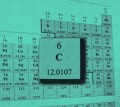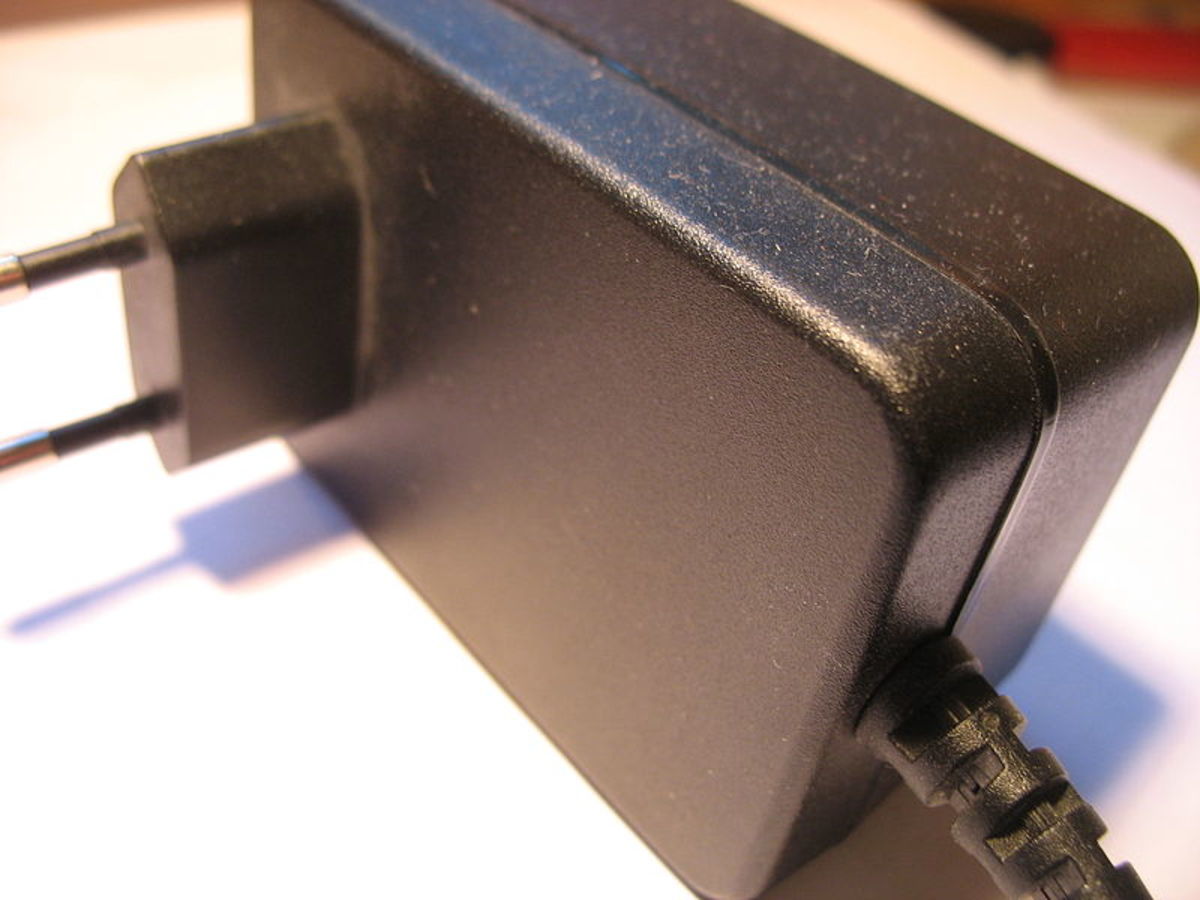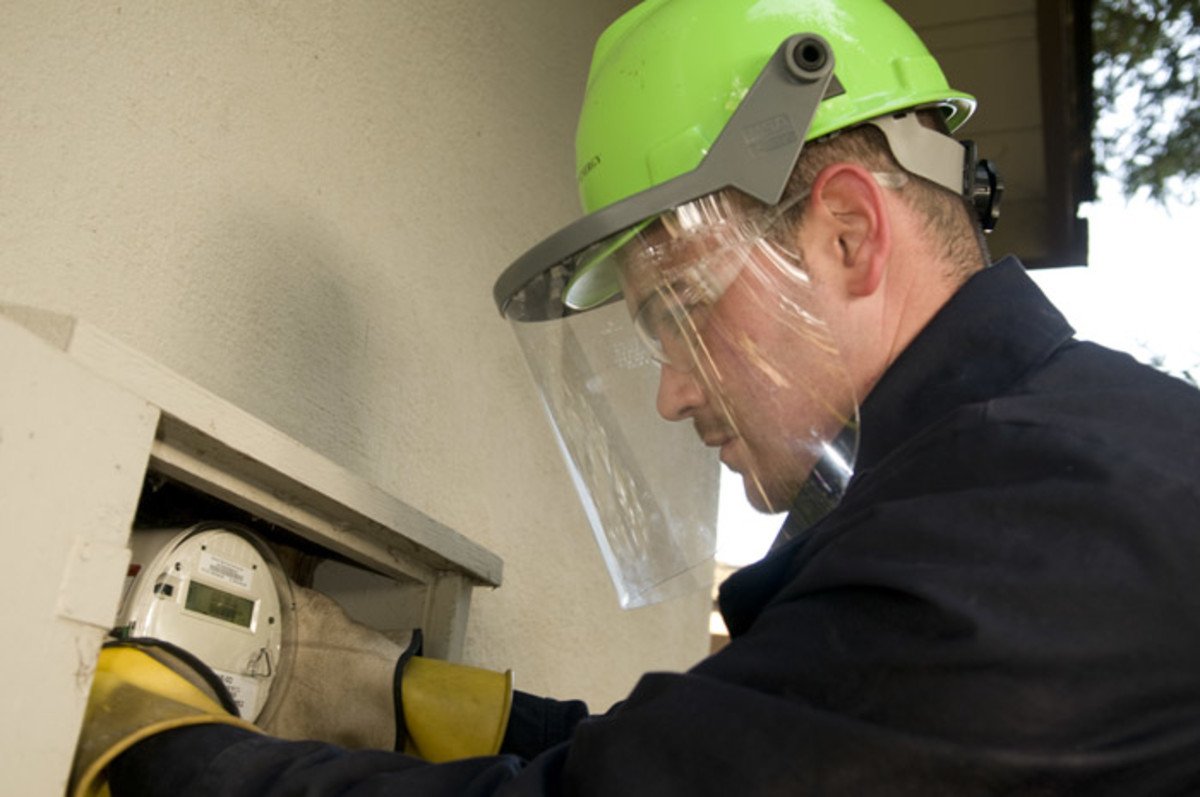What can Mayor Bloomberg do to help reduce NYC carbon emissions?


Mayor Bloomberg can help reduce carbon emissions in NYC by regulating the fuels that mostly contributes to greenhouse gages.
New York City mayor Bloomberg announced that “thousands of buildings in New York will be forced to install energy-efficient light bulbs such as fluorescent low-flow faucets and other energy-saving devices to help reduce the city's carbon emissions by 5%.” Although some have questioned why the mayor waited until he’s about to be reelected for a third term to tackle the energy crises shouldn’t be the question, but rather the right intention that counts. Perhaps in addition to changing light bulbs the Mayor can consider these options below as an additional plan in reducing the city’s carbon emissions.
After all, as industrialize nations it is the leaders of the world who can help shape the direction that our future generation takes into reducing greenhouse gases. Yes! There is other energy saving devices that can help us reduce our carbon emissions in New York City. As a matter of fact heat - timer is one of the leading manufactures that have helped building owners save in their energy bills. They market products such as automatic controls which are digi - spams and heat monitoring controls like the MPC Platinum that I will describe below. These devices are used to control the on and off cycle of steam and hot water heating systems.
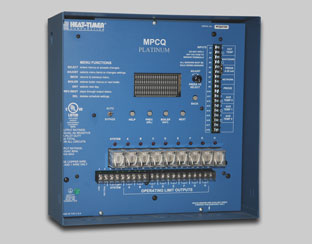
The MPC platinum helps save energy
In order for any innovation to be considered its applications must correspond to safety environmental issues. To disregard safety environmental concerns for the benefit of maximizing profit is making profit a priority before the planet. The MPC Platinum is one of many types of equipments that correspond to safety environmental issues, it usage does not contribute to pollution nor does it help induce it.
Unlike the regular thermostat, these devices work with an outdoor and indoor sensor to help monitor the heating system of the building. By monitoring the outside temperature, the MPC is able to anticipate the heating consumptions and needs of the building. Now, we know that the longer the boiler runs the more pollution it produces into our environment.
With the MPC Platinum, the length of the ON segment and OFF segment is more accurate. Its accuracy enables the boiler not to over run, which often happens with the older versions. Hence, we can say if the MPC regulate the on and off cycles of the boiler, any over run would indicate a problem within the system. In that sense, it is true that the MPC keeps data that is useful to the technician and with that data; the technician can better solve any problem that is affiliate with the boiler.
One of the major advantages of the MPC is that it’s able to maintain two different heat levels. The Day heat level which is the highest & the Night heat level. The reason for that is because we need less heat at night than we need during our daily activities when the building is occupied. However, both heat levels rely on the outdoor sensor to control how long the boiler stay running. But the night settings will provide less heat to the apartments even at the same outdoor temperature as the day setting. Obviously when we’re in your apartments cuddling with our love ones, too much heat is one thing we do not need.
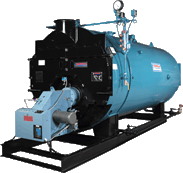

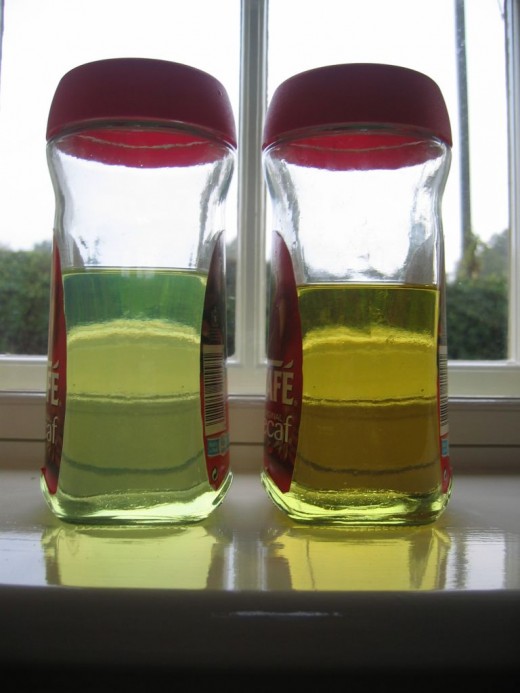
Heavy oil contributes too much pollution to the environment
As far as oil is concern, we can definitely reduce our oil dependency by slowly alter our energy use while becoming dependent more on natural gas, wind and solar energy. We can start reducing that dependency by getting rid of heavy oil in our city. Honestly if we truly want to reduce greenhouse gases we must find a way to reduce on heavy oil usage. Although it is cheaper to purchase, it effects are detrimental to our planet.
There are some big steps the Mayer can take to reduce pollution. But first if possible he can start by regulating heavy oil as a mean to encourage the use of more refine oil in New York City which produces less CO2 emissions.
We have provided links at the bottom of this page - there are a few companies, most of them are dedicated to add combustion efficiency to boiler design while at the same time manufacturing these equipments to be more environmental friendly. These companies are the expert, they have devoted a great amount of time thinking about this issue – We’re just the experience apprentice who has followed their great work.
In addition, another approach the Mayor can take to reduce carbon emissions in NYC will be to regulate the fuel that contributes mostly to greenhouse gases. As we have mentioned, the oil attracts most consideration is the heavy oil which are categorized as number four, five and six oil. The later is referred to as residual fuel oil, better known as heavy oil. The very kind of oil we extract from the ground when drilling for oil.
There are about six levels of fuels that we used to heat our homes and commercial buildings. The higher the fuel level the cheaper it cost to purchase. Likewise, the higher the level the more pollution it produces into our environment. Since the viscosity of number six & four oil is much thicker than number 2 & 3, it must be heated by pre- heater before it can be used.
Whereas six and five oil requires a primary and a secondary heater, number two, three & four oil does not. All they need is one heater which is the pre-heater, while number three and two oil needs not to be heated at all to be useful. Heavy oil is heated so that it creates mists that are thin enough to pass through the nozzle tip which delivers the fuel that combine with air for combustion to be possible.
To know why heavy oil, a grade so toxic to our environment can remain a major source of our fuel consumption, one must examine its perpetual effects as it pertain to job creation. In this society that we have build, it is not beneficial to our economy to manufacture any product that doesn’t cause its owner to occasionally spend a few bucks to help maintain its purpose. It is with this understanding why the advice for reducing on heavy oil consumption in the City may be discouraged.
As we should know, the viscosity of heavy oil plus the dirt found in it can occasionally clogged the oil filters that clears out the dirt from the oil, which then can starve the oil burner from sufficient oil to the nozzle. This concept often requires a mechanic to change the filters or unclogging the oil line from sediments. This repetitive process creates perpetuate jobs, making the system work in a way that doesn't guarantee long term growth. Although there are better ways one can use a technology to support the environment, but the way in which commercial building have utilized certain fuel to hit up our buildings can be regulated for better efficiency. We’ve work in the field and we’re seen commercial units that were operating with low CO2 optimization.

If pollutions are the cancers of the world than us humans are the viruses that causes them.
If we were to set new regulation to discontinue the use of number 4 – 6 oil in NYC, it would lower pollution in our environment significantly, but what we cannot say is that everyone would be contempt with such result. It could have displaced many New Yorkers out of work at a time when the economy is suffocating.
Most heating equipments that are used for heavy oil throughout the city can also fire number two oil with very little implementation. It would not have been too costly on the building owner’s part to make this transition possible. Except for the simple fact that the owner would have to pay a little more for number two oil since it require less processing. We can also conclude that by making that switch although it would have helped our environment reduce on CO2 emission, the owner of the building would lose out on BTU for the reason being that the lighter the oil the less BTU it contains. More BTU means more heating capacity.
At the rate that greenhouse gases is polluting our planet, we think paying a little more for the benefit of reducing pollution in our environment is not too much to ask building owners. Perhaps, the Federal Government can consider a cut on property tax for the exchange. As a mater fact it’s the principle of placing the planet first before profit that can create a platform for new innovations to be in compliance with environmental concern, without that commitment no true solution is possible.
This is the principal we need to leave with the future generation that no amount of profit should be allowed to take precedent over the future of our planet. If we leave behind the concept that the planet takes priority over our investments, we’ll always find other ways to secure our interest without polluting our environment.
The equipments that are mostly used with heavy oil throughout NYC are IC burners, Fulton, Iron Fireman, Golden Piatt and Webster – just to name a few. Most are dual fuels, which mean they can either fire gas or oil. Those that use heavy oil do have the capability to fire number two oil. Since the viscosity of number two oil is much lighter, it is known to produce less pollutant to our environment, and for that this oil is mostly recommended. But we cannot satisfy demand for number two oil without good refineries. And a since it would not have been a good idea for Mayor Bloomberg to regulate the use of heavy oil without knowing first demand for number two oil will be satisfy.
However, if we were to compare number 2 oil with natural gas, I believe most would say NG is a much cleaner fuel for the environment. That is why any regulation that can mandates that all new installation be made operable for the use of number two oil and Natural Gas would be a good regulation for the environment. That way all buildings in NYC would have the option to use natural gas as a primary fuel and depending on competitive price between NG & Oil the owner would decide which to use. We believe as of now the way it works is that during the summer the regulation is set to use NG and for the winter, the owner decides.
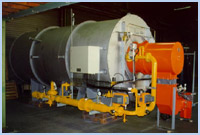
The Low NOx burners are the future of our planet.
Regardless of what types of fuel that is use, if proper adjustment is not made to the burner, polluting the environment will be inevitable. This is why we have department of building that inspects commercial building to make certain that the boiler is being operated according to state standard. A state certification may be required, making sure that all technicians that troubleshoot commercial boilers are knowledgeable about air adjustments on commercial equipments, and the composition or air to gas ratio that ought to be permitted for proper combustion to take place.
This should not be a state test on the overall knowledge of boiler operation because if that was the case, employers would experience difficulties finding technicians that are qualify to do the job. There are not too many skilled technicians who know about commercial units in that industry, a simple test on air combustion pertaining to adjustment is necessary. It must be known, it doesn’t matter how efficient the engineer manufacture the boiler to operate, if the technician is not skillful enough, we’ll always have pollutions. Therefore, we can say better skillful technician can contribute to low pollution result by simply doing their job effectively.
The Mayor can also encourage all new installation to implement the Low NOx design. Where the air that is use for combustion is reused, this practice reduces the hydrogen content in the combustion air, allowing the mixture of air to gas ratio to be more efficient. Since the air that we breathe is composed of 21% oxygen and 79% nitrogen, to supply the combustion air with the necessary oxygen, a great percentage of nitrogen goes alone with the ride. Hydrogen plus Air caused water vapor, when combine with nitrogen, it creates heat.
However, not all nitrogen reacts with oxygen in the combustion. The amount that reacts with oxygen creates the pollution that is known as nitrogen oxide. This is why it is better to manufacture burners and boilers that can reduce the nitrogen content in the chemical reaction. As of now, we do have burners that are manufactured to reduce nitrogen content in the combustion. To reduce pollution in NYC, we can pass laws that will make certain that all new installation consider the low NOx design.
Maxon the Honeywell Company said “The future generations of the world are depending upon the governments, the corporations and the populations of the world to make responsible, practical decisions about environmental protection.” Honeywell is a company that is devoted to manufacture products that are efficient and environmental friendly for our planet. Our responsibility as citizens is to promote whatever technology that we know is beneficial to our planet.
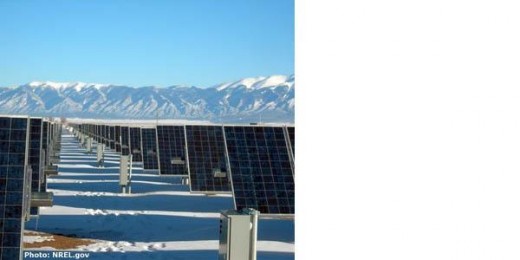
- http://www.planetforward.org/
Planet Forward - Council of Industrial Boiler Owners Links
Council of Industrial Boiler Owners, - http://www.google.com/imgres?imgurl=http://www.buzzardsbay.org/images/oilnglove-s.jpg&imgrefurl=
Information on number 6 oil- what is number six oil? - Council of Industrial Boiler Owners Industry Issues
Environmental issues - American Boiler Manufacturers Association Today\'s Boiler, April 2009 Digital Edition
Today's Boiler - Rental Boilers, New Boilers, New Boiler Sales, Used Boilers, Trailer-Mounted Boilers, Skid-Mounted B
Boiler auxiliaries and environmental solutions, - Low NOx Solutions, CataStak SCR Systems for Package Boilers, Turbine Applications, Steam Generators,
A Green Solution CATASTAK

